
Tag Archives Agricultural soil science

Soybeans — the ‘kitchen sink’ strategy works, but…
Ontario trials suggest early seeding is the best and cheapest management practice

Survey to gauge changes in crop rotation
Data needed to measure climate benefit from changes farmers already made

Manitoba researcher receives international recognition
Cynthia Grant recently retired from AAFC in Brandon
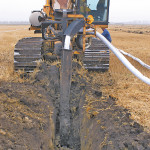
Literature review for research on manured, tile-drained land being sought
Manitoba Livestock Manure Management Initiative Inc. wants to see what scientists have already discovered and consider how it might fit under Manitoba conditions
Women’s 2015 conference focus on healthy soil
The Winkler event was well attended November 15 to 17

Fertilizer run-off is just one piece of the dead zone puzzle
More perennial crops and protecting wetlands would help reduce the low-to-no-oxygen zone in the Gulf of Mexico
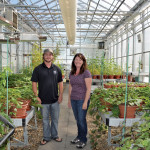
College to build weed identification garden
Assiniboine Community College looks to establish a weed identification garden to house more than 80 of Manitoba’s most common annual and perennial weeds
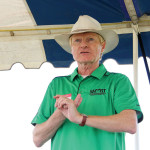
Higher seeding rate needed for organic soybeans
Transitioning to organic soybeans is possible with strategic planning
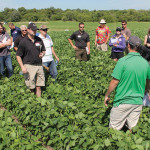
Black earth doesn’t equate to warmer soil temperatures
Spaces went fast for this year’s Manitoba Pulse & Soybean Growers SMART Day
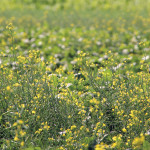
Less nitrogen equals less volunteer canola
Tighter row spacing may put the squeeze on late-emerging or slow-growing weeds, but not so for volunteer canola




